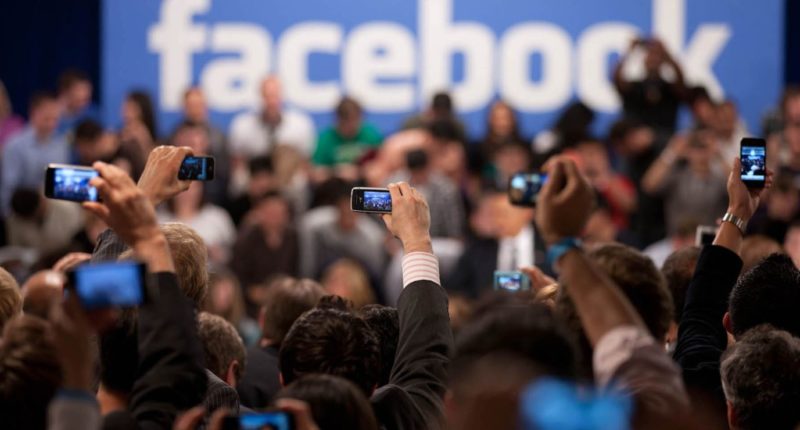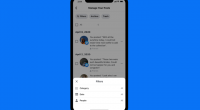Facebook, in a release late last week, has said that it will now authenticate the identity of certain individual accounts that have a larger audience in the U.S. “We want to ensure the content you see on Facebook is authentic and comes from real people, not bots or others trying to conceal their identity.” said Facebook. This step is taken to improve the transparency of profiles for the safety of users.
“In 2018, Facebook started to verify the identity of people managing Pages with large audiences, and now we’re extending ID verification to some profiles with large audiences in the U.S,” Facebook stated in the blog post.
They will also verify the identity of people who have a pattern of inauthentic behavior on Facebook as well as those whose posts go viral rapidly.
In addition to this, if the person posting is a Facebook Page admin, they’ll need to complete ‘Page Publishing Authorisation’ and will not be able to post from their Page until their account is verified through their existing process.
The tech giant further said that if someone chooses not to verify their identity or the ID provided does not match the linked Facebook account, then the distribution of their viral post will remain reduced so fewer people will see it.
“We want people to feel confident that they understand who’s behind the content they’re seeing on Facebook,” the company added.
It is worth noting the timing of this initiative. On the same day, i.e. 28th May 2020, President Trump signed an executive order which affected the legality of all social media companies to protect themselves from user-created content. That being so, this decision could be a protective measure to deflect inquiries.
Other social media sites like Instagram and Twitter have also taken this initiative to protect their users from fake profiles and to curb the spread of fake news in a bid to increase customer trust and reliability.
The Tech Portal is published by Blue Box Media Private Limited. Our investors have no influence over our reporting. Read our full Ownership and Funding Disclosure →






